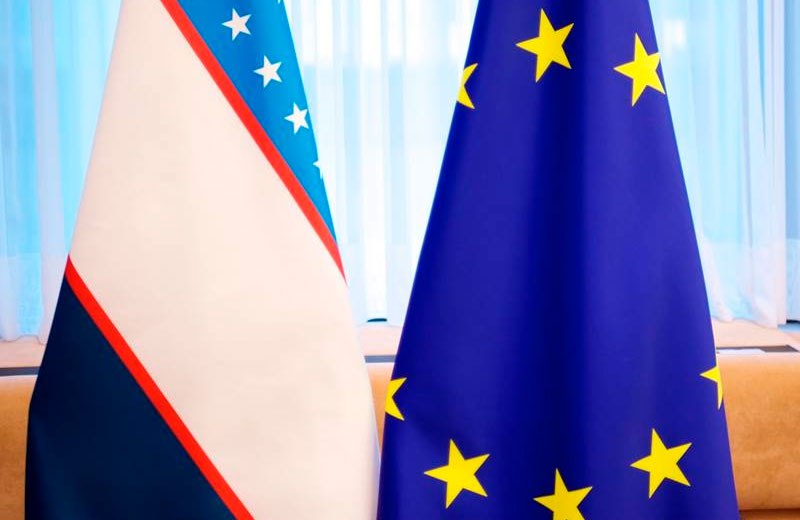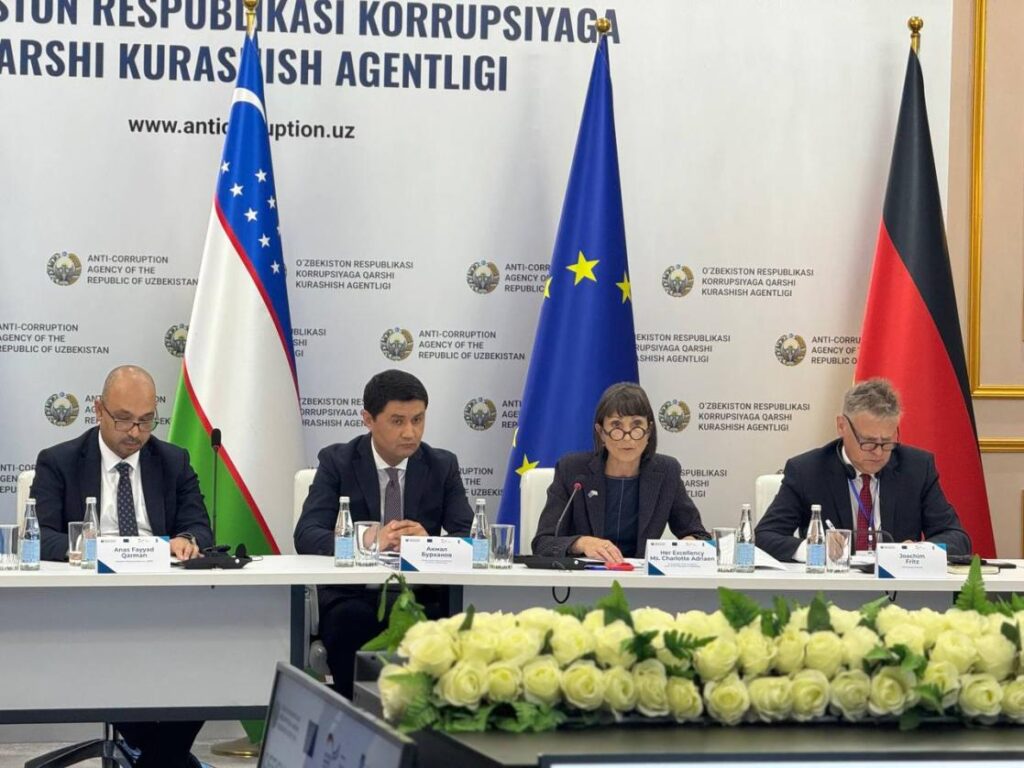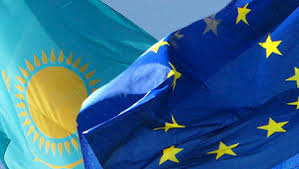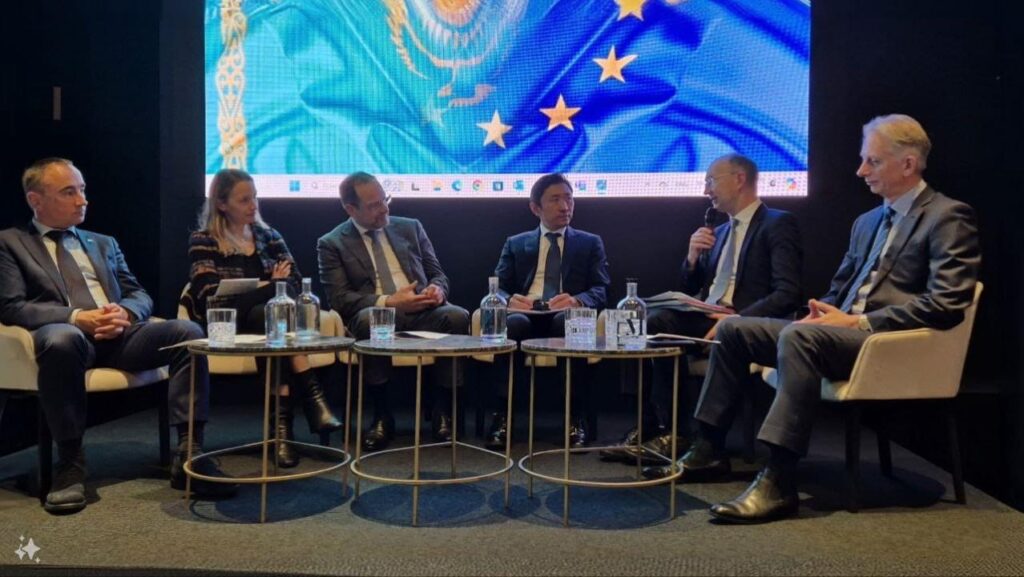Uzbekistan and the EU Celebrate 30 Years of Mutually Beneficial Cooperation
A festival to celebrate the 30th anniversary of cooperation between Uzbekistan and the European Union (EU) will be held on 18 May at Tashkent's Botanical Garden. Welcoming the event, EU Ambassador to Uzbekistan Charlotte Adrian, stated, "The partnership between the European Union and Uzbekistan remains strong, from the signing of the Enhanced Partnership and Cooperation Agreement (EPCA) to the strengthening of GSP+ [Generalized Scheme of Preference Plus] trade relations and joint commitments to improve human rights." The festival will feature an exhibition of EU-funded projects including an interactive platform for young people, students and other visitors. The 'Climate Change and Resilience in Central Asia' project will be highlighted through an interactive game, quizzes and question-and-answer sessions, whilst 'Made in Uzbekistan' will showcase goods from EU-AGRIN (Uzbek Agriculture Knowledge and Innovation System) in tasting sessions of local produce. Celebrations will close with a grand gala concert dedicated to the 30th anniversary of the partnership. Interaction with the EU , one of the main priorities of Uzbekistan's foreign policy, is evidenced by the country's accession in 2021 to the GSP+ system of preferences, which enables 6,200 categories of goods to be exported to Europe duty-free. In this regard, General Director of BMB Trade Group Mirgulom Usmanov noted that agri-food companies in Uzbekistan are now growing and processing varieties of fruit and vegetables to meet the demands of the European market. In the first 10 months of 2023 alone, the volume of mutual trade between Uzbekistan and the EU grew by 36 percent year-on-year to $4.8 billion. An important step towards revitalizing the partnership was taken in the adoption of a resolution that calls for a review of the EU's strategy towards Central Asian countries and as stressed by the report, "The EU is extremely interested in deploying efficient trade and energy corridors between Europe and Asia, bypassing Russia."






